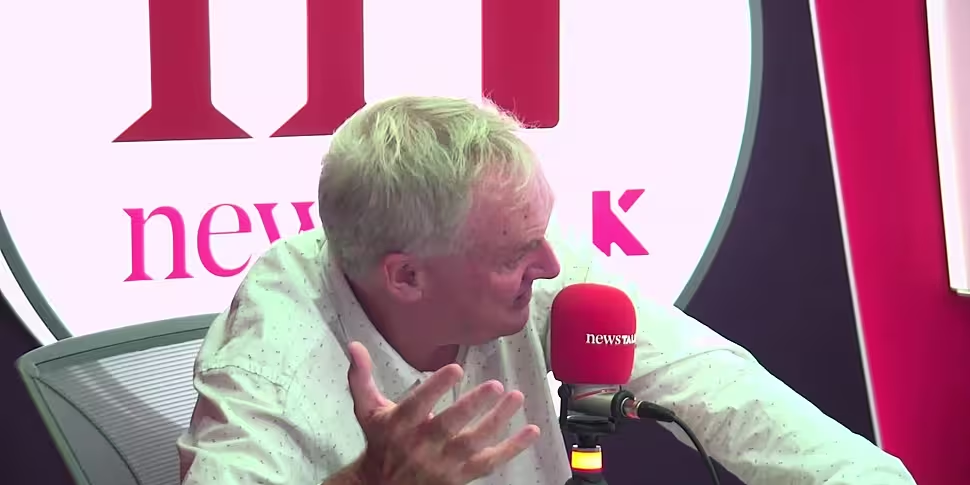Exciting breakthroughs in immunotherapy mean scientists are finally “cracking cancer through the immune system”, according to Professor Luke O’Neill.
The Trinity Professor was speaking to The Pat Kenny Show from the ‘Olympics for Immunology’ – the International Union of Immunological Societies conference in Cape Town.
It is the first time the conference has been held since before the COVID pandemic and Prof O’Neill said the striking change is that “half the conference is now about cancer”.
“The reason being is that, at long last we are cracking cancer through the immune system,” he said. “It’s called immunotherapy is the approach.”
“There's lots of keynotes, lots of sort of breakout sessions and many companies describing all this data – I’ve never seen the like of it.
“I mean, they're using the word cure which as you know, is always a very kind of controversial term when it comes to cancer, but now they're seeing patients responding for five, 10 and 15 years since the trials began.
“So, if there's one area that really is dominant, I'd say it's the cancer area.”
Immunotherapy
Prof O’Neill said one of the main draws was Nobel Prize-winning immunologist Jim Allison who gave a keynote speech about the breakthroughs in immunotherapy.
He said that Dr Allison now believes we will eventually have a 100% cure rate for melanoma.
“Now, Jim Allison, to us, is the Elvis Presley of immunology,” he said.
“He won the Nobel Prize in 2018 for this immunotherapy for cancer he devised. Things called checkpoint inhibitors that began the whole revolution in many ways of driving the immune system.”
Cancer
Prof O’Neill said immunotherapy currently has a 20% to 30% response rate.
“That means one-in-five patients are being cured effectively, but the big mystery is why aren't four-in-five being cured,” he said. “That's the big thing he was addressing in his talk.
“One reason is there's more than one checkpoint. Now checkpoints are the ‘off switch’ for the immune system and if you block the off switch, you turn the thing on.
“That was Jim's kind of conception advance and a second checkpoint called PD1 was discovered after him – and with the combination now, they're getting 50% rates of response.
“It's not just melanoma, it's lung cancer, triple negative breast cancer is responding, even pancreatic is the real hope.
“So, if you combine two different checkpoint inhibitors you get a much stronger effect and he went through all that data.”
"Rallying cry"
Prof O’Neill said Dr Allison finished his talk with a call to arms for immunology students.
“He was saying we've got lots to do, so let's get going,” he said.
“It was a great rallying cry to say to students over here this is an area to get into because we may get 50%, 60%, 70% cure rates eventually in terms of where we’re headed – hence all the optimism.”









